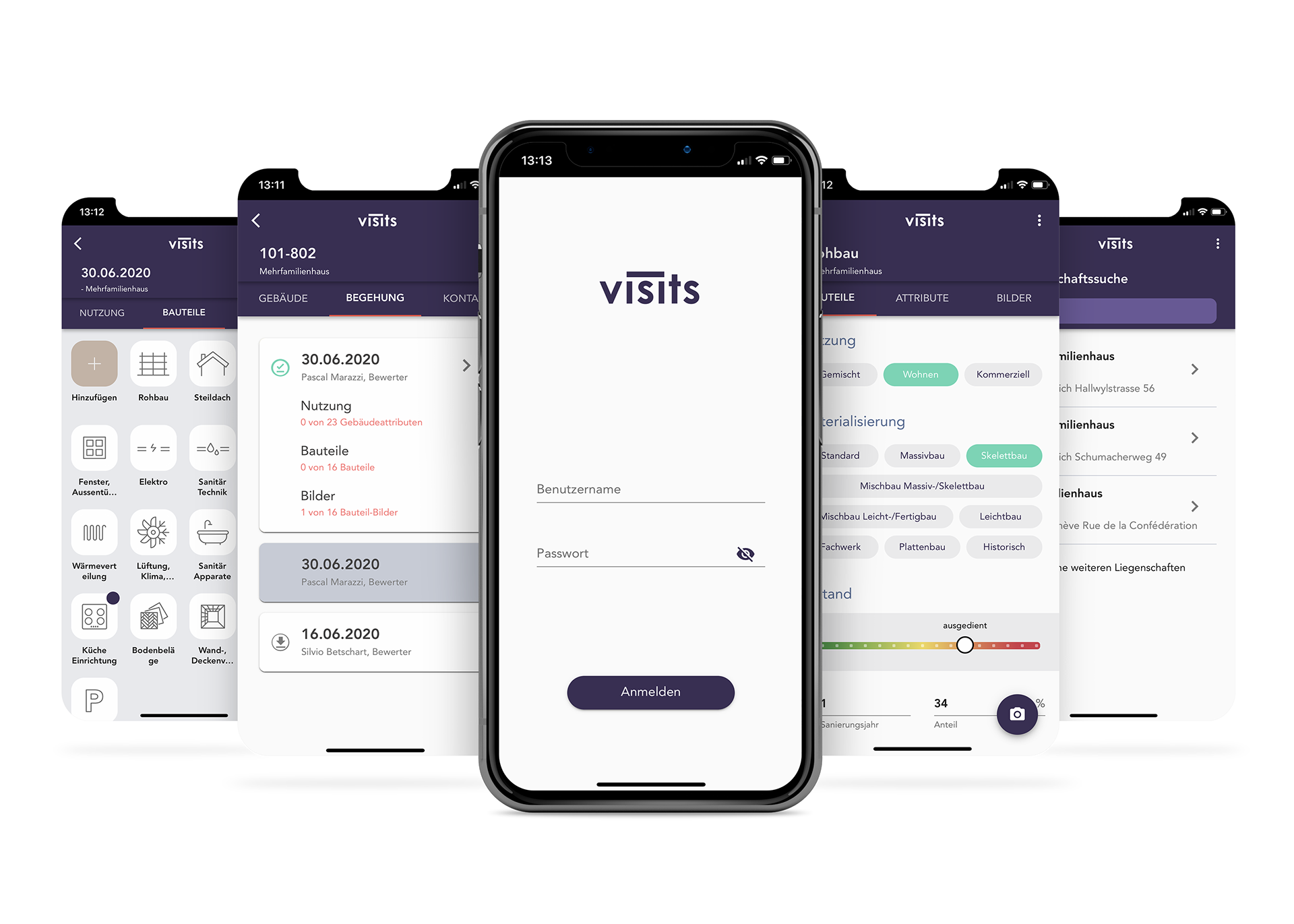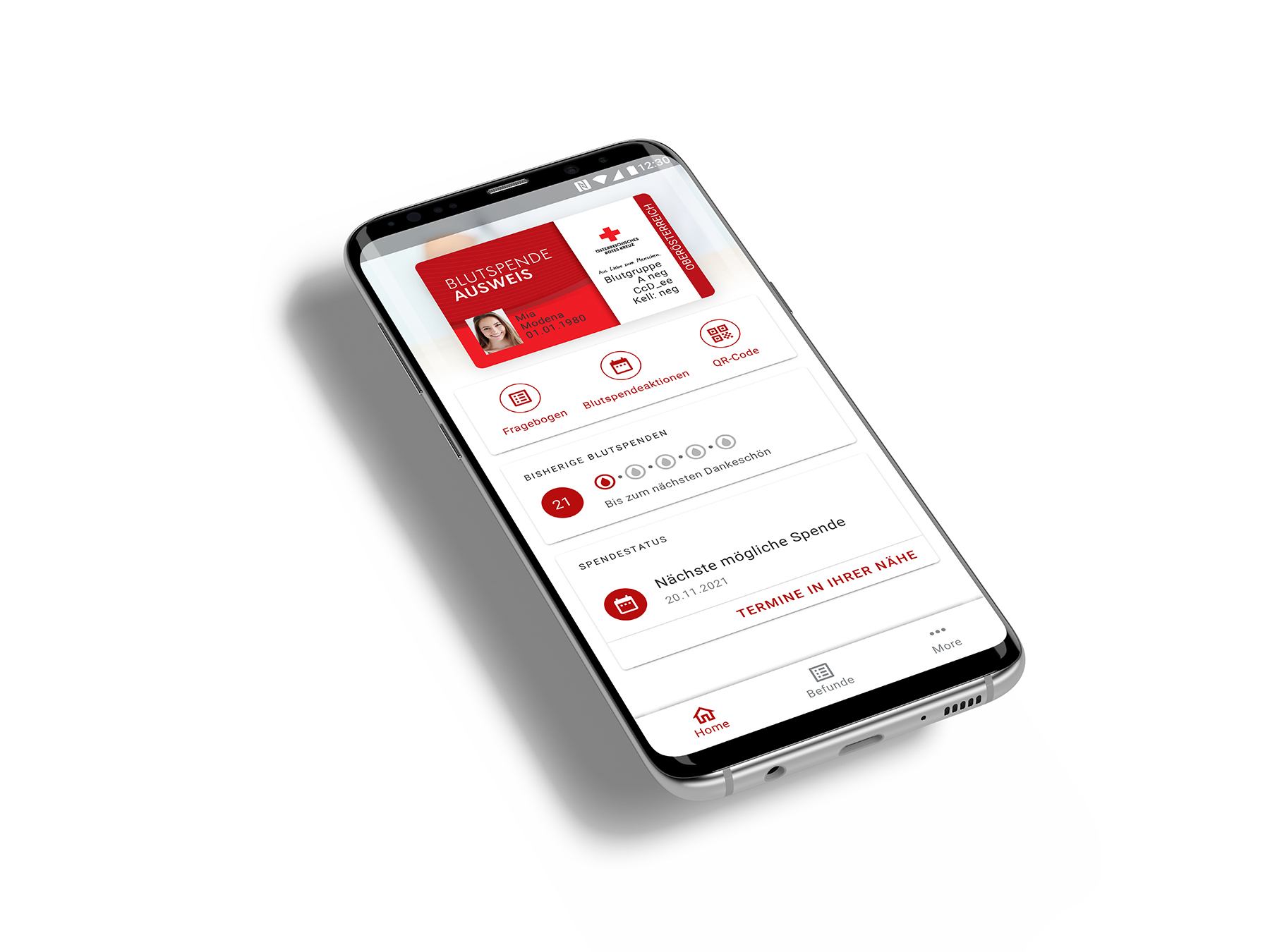What is mobile business?
Tailor-made mobile apps are an important building block in the digital strategies of companies. Sometimes they even open up new business areas. This applies both to internal use as well as to direct customer contact.
Mobile apps have long been established in the B2C sector. In the business sector, the number of mobile applications for corporate processes and workflows is also increasing – for good reason.
Mobile business: Using apps for greater efficiency, innovation and satisfaction
The term “mobile business” means the development and use of company-specific applications for mobile end devices. Business apps can improve work processes and open up new business areas and target groups.
A good corporate app promotes digital transformation in various areas, such as customer contact and service, consulting, marketing, or documentation.
However, some companies and institutions are reluctant to develop apps. They fear high investments or simply lack ideas for possible fields of application.
Mobile business is a growth market. On average, people around the world spend more than four hours a day in front of their smartphone or tablet screen. In addition, the number of downloads of apps is growing by around seven percent each year. This includes many enterprise apps.
Seamless Integration: Effectively integrating mobile apps into your own processes
The requirement for mobile apps is: “Seamless Integration”. This means that they must be meaningfully integrated into the corporate strategy and networked with existing processes and IT systems.
The more digitalization has progressed in the company, the easier this task is. Ideally, mobile fields of application will be considered right from the start of digital innovation in order to make business processes more intuitive, efficient and secure in the long run for both the customer and the company.
In addition to stability, performance and an appealing design, usability is also paramount, i.e., intuitive use of the app.
Good reasons for a mobile business app
There are many reasons for companies to invest in mobile apps:
- Discover new business models: A business app can increase existing sales, for example through in-app payment, and open up new business areas.
- Mobility: As a rule, the smartphone is only an arm’s length away. The service or product is always available everywhere – no need for a PC or real in-store visit.
- Customer Service: A good app takes care of customers, responds to individual needs and respects customers' time. Intuitive user guidance that quickly leads to the goal is the key to customer satisfaction.
- Understanding customers: Evaluating usage data of a mobile app while taking into account applicable data protection rules helps companies to better understand customers and anticipate future needs. Mobile use brings new insights: “On the go” data is only available on the smartphone.
- Variety: It is also worthwhile for niche applications to develop and customize efficient mobile apps, such as documentation for professional property inspections by real estate brokers or to motivate more people to donate blood (see use cases later on in this article).
- IT security: Mobile technology can significantly increase data security, for example through two-factor authentication.
- Gaining new customers: A mobile app that is useful in everyday life can increase a company’s name recognition because satisfied users will recommend it to others. That's how the app supports new customer acquisition.
- Brand strengthening: With a mobile app, companies can create an additional touchpoint with their own brand on the smartphone display. This strengthens brand recognition and loyalty. In addition, a mobile app creates an additional marketing channel, with push notifications, for example.
- Other mobile technologies: New mobile technologies such as augmented reality create additional application scenarios for mobile apps. An online shop can, for example, provide products as 3D models that are true to the original. App users can then digitally project the product into their own environment in the original size.
How is a mobile business app developed?
Whether B2B or B2C, every mobile business app is developed in several phases. A realistic goal and experience in implementation are particularly important here.
Inspiration & Analysis: Discovering potentials for mobile business
The process starts with brainstorming: Existing business and work processes as well as systems are analyzed and examined for optimization potential. Mobile technology then determines which target groups and sources of income can be tapped.
During this phase, it is advisable to bring on board an experienced digitalization partner who is familiar with mobile business potential as the result of many years of development experience.
Companies and technology partners then jointly define the requirements for the mobile app to identify the best possible mobile application while considering budget and efficient user interaction.
Ideally, User Experience (UX) researchers also ask potential future users about their needs and preferences.
Mobile app design and development
Then follows the concept phase. Designers and developers develop initial concepts and discuss them with the clients in the form of wireframes and demos.
Finally, the iterative development process begins in close consultation with the client until the mobile app is market-ready and is offered to customers or employees. Improvements and expansions can then be planned and implemented depending on the agreement.
By the way: An app can also start as a Progressive Web App (PWA), i.e., as a desktop or browser application. Later porting to native Android or iOS apps starts a step-by-step transformation into a mobile app ecosystem. Mobile business can thus be tackled gradually.

